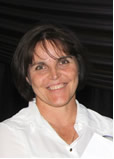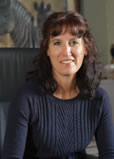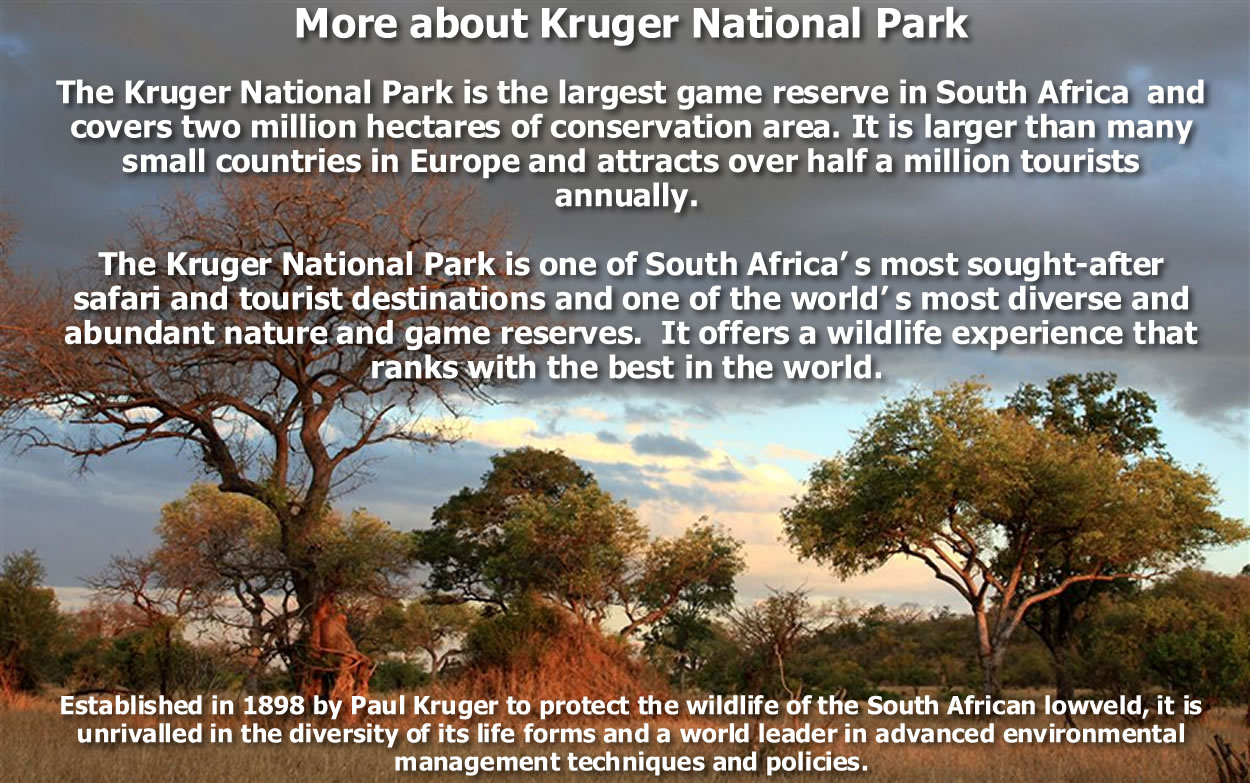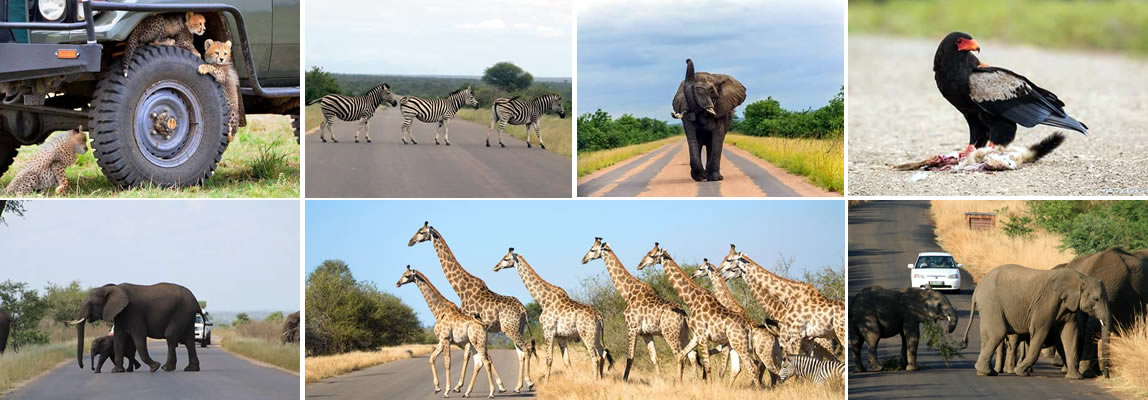CLICK HERE TO DOWNLOAD PRESENTATIONS
10 - 15th March, 2019
Nombulo Mdluli Conference Centre at Skukuza Rest Camp,
Kruger National Park, South Africa
Africa is the world's second largest and second most-populous continent. At about 30.3 million km2 (11.7 million square miles) including adjacent islands, it covers 6% of Earth's total surface area and 20% of its total land area. With 1.2 billion people as of 2016, it accounts for about 16% of the world's human population.
Africa boasts the world's largest combination of density and "range of freedom" of wild animal populations and diversity, with over 3,000 protected areas, with 198 marine protected areas, 50 biosphere reserves, and 80 wetlands reserves.
We are living in the most explosive era of infrastructure expansion in human history, with 9/10ths of all new infrastructure being built in developing nations, mainly in tropical and subtropical regions that contain Earth’s most diverse ecosystems.
Linear infrastructure (which includes roads, railways, pipelines, fencing and powerlines) has numerous, diverse, and mostly negative consequences for biodiversity by, among other things, destroying and degrading, fragmenting ecological connectively and wildlife populations and their dynamics, direct impacts through collisions and secondary impacts through increased access to previously unattainable natural resources.
- Roads and Rail
- Energy
- Canals, Pipelines and Fences
The aims of ACLIE are:
- Impacts of Linear Infrastructure on local flora and fauna;
- Linear infrastructure through sensitive areas;
- Mitigating impacts; and
- Building partnerships
ACLIE is registered with SACNASP
Keynote Speakers
 Deidre Herbst
|
A professionally qualified and experienced Environmental Manager in the Electricity Industry with extensive skills in: global, regional and local environmental issues; Deidre is currently the Environmental Manager for Eskom. In this capacity she has been responsible for amongst others providing strategic direction for environmental management to one of the largest utilities in the world. This role includes the integration of environmental management into the business with a specific focus on integration of environmental considerations into energy planning, business and biodiversity, air quality management, water management practices and waste management including ash utilisation. Deidre has also been instrumental ensuring that Eskom key line groups are ISO 14001 certified and has been involved with Environmental Impact Assessments for large generation projects including Medupi, Kusile, Ingula and Nuclear 1. Deidre is driven by a passion to add value through innovative and executable solutions. |
 Dr. George Ledec
|
A professionally qualified and experienced Environmental Manager in the Electricity Industry with extensive skills in: global, regional and local environmental issues; Dr. George Ledec is Lead Ecologist in the Africa Region of the World Bank, with more than 30 years of international experience in making large development projects more biodiversity-friendly. His work focuses on the environmental mitigation of dams, canals, power lines, and other infrastructure; protected area establishment and management; and other ways to address biodiversity conservation in development planning. Dr. Ledec had a key role in preparing the Bank’s new Biodiversity Conservation Standard, as well as the Natural Habitats and Wildlands policies that preceded it. His publications include “Biodiversity Offsets: A User Guide”; “Good Dams and Bad Dams”; “Biodiversity Conservation in Road Projects”; “Greening the Wind”; and “Towards Africa’s Green Future: World Bank Support in Biodiversity Conservation”. Dr. Ledec was born in what is now the Czech Republic and is a naturalized United States citizen. |
 Yolan Friedmann
|
Yolan Friedmann is currently the CEO of the Endangered Wildlife Trust (EWT www.ewt.org.za), one of the largest conservation NGOs in southern Africa. She was the first female recipient of the SAB Nick Steele Environmentalist of the Year award in 2011; was the winner of the CEO Most Influential Woman in Business and Environment award in 2012 (Environmental category); received the 2012 Green Globe award and was awarded a WESSA Lifetime Achiever Award in for Conservation 2016. Yolan was the first South African to serve as a
Regional Councillor on the IUCN Council and co-chaired the IUCN’s Constituency
Committee for four years. She is also a Certified Director by the Institute of
Directors South Africa and serves on their Sustainability Forum, Audit and Risk
Committee, and Social and Ethics Committee. She also sits on the Advisory Board
of the Ford Wildlife Foundation and is currently a regular judge of the
Ecologic Awards, African Responsible Tourism Awards, and SA Federation of Steel
and Engineering Industries Awards.
Yolan has participated in programmes such as
the Gordon Institute for Business Science Nexus Development Programme (2006),
the Leadership for Conservation in Africa council, the African Leadership
Seminar, Crans Montana Forum, and is a Fellow of the Archbishop Tutu Leadership
Fellowship (2007). She was selected as a GreenMatter Senior Fellow in 2014.
Yolan has co-authored chapters in books such as Bending the Curve and Biodiversity Monitoring & Conservation: Bridging the gap between global commitment and local action. Yolan was featured in the book The Best Advice I Ever Got by Siya Mapoko and appeared in Woman and Home magazine as one of a group of “Powerful and Inspiring” women for 2012. She was also featured in the Financial Mail’s “Rain Makers and Pot Stirrers – 100 of South Africa’s most influential players in the mining sector” in 2013. |
Important Dates
| Date / 2019 | Day | Activity |
| 10 March | Sunday | Arrival and registration. "Meet and Greet" cocktail function in evening (complementary) |
| 11 March | Monday | Paper Sessions Breakfast and evening meal to be arranged by delegate |
| 12 March | Tuesday | Paper Sessions Breakfast and evening meal to be arranged by delegate |
| 13 March | Wednesday | Field trips Breakfast and evening meal to be arranged by delegate |
| 14 March | Thursday | Paper Sessions Breakfast to be arranged by delegate Bush braai (An opportunity for delegates to experience the real African bush under the stars, whilst enjoying traditional African entertainment and a dinner cooked over the coals) |
| 15 March | Friday | Checkout and Departures (A final get-together evening for those staying on in the park will be arranged, more details to follow - will be at own cost) |
About the Endangered Wildlife Trust
Eskom is responsible for generating sufficient electricity supply to meet the increasing power demands of South Africa. Interactions between the resulting infrastructure and wildlife often lead to negative impacts to ecosystems and/or specific species. This in turn creates operational, financial and reputational risks or challenges for Eskom. The challenge for Eskom is to find the balance between the interests of industry, the residential electrification programme, and the effective use and conservation of resources. In view of the complexity, scope and persistence of the problem of interactions between wildlife and Eskom infrastructure, Eskom and the Endangered Wildlife Trust (EWT) formalised their long-standing relationship by entering into a partnership in 1996. The Eskom/EWT Strategic Partnership was established to address the potential problems in a systematic manner from a national perspective, and to establish an integrated management system to minimise these negative interactions.

About the Kruger National Park:
The Kruger National Park is home to an impressive number of species: 336 trees, 49 fish, 34 amphibians, 114 reptiles, 507 birds and 147 mammals.
People's interaction with the Lowveld environment over many centuries, - from Bushman rock paintings to majestic archaeological sites, - is very evident in the park. These treasures represent the cultures, persons and events that played a role in the history of the Kruger National Park and are conserved along with the park's natural assets.
The Kruger National Park is one of the most accessible protected areas in Africa and boasts an extensive, well-developed network of tarmac and gravel roads which covers most of the vegetation types and facilitates self-drive trips. It also has an extensive range of accommodation options in more than 20 camps scattered throughout the 20,000 km² of the park. In addition to accommodation and restaurants in most of the large camps, the park also offers a range of guided drives, including night-drivers as well as bush walks.























